Introduction
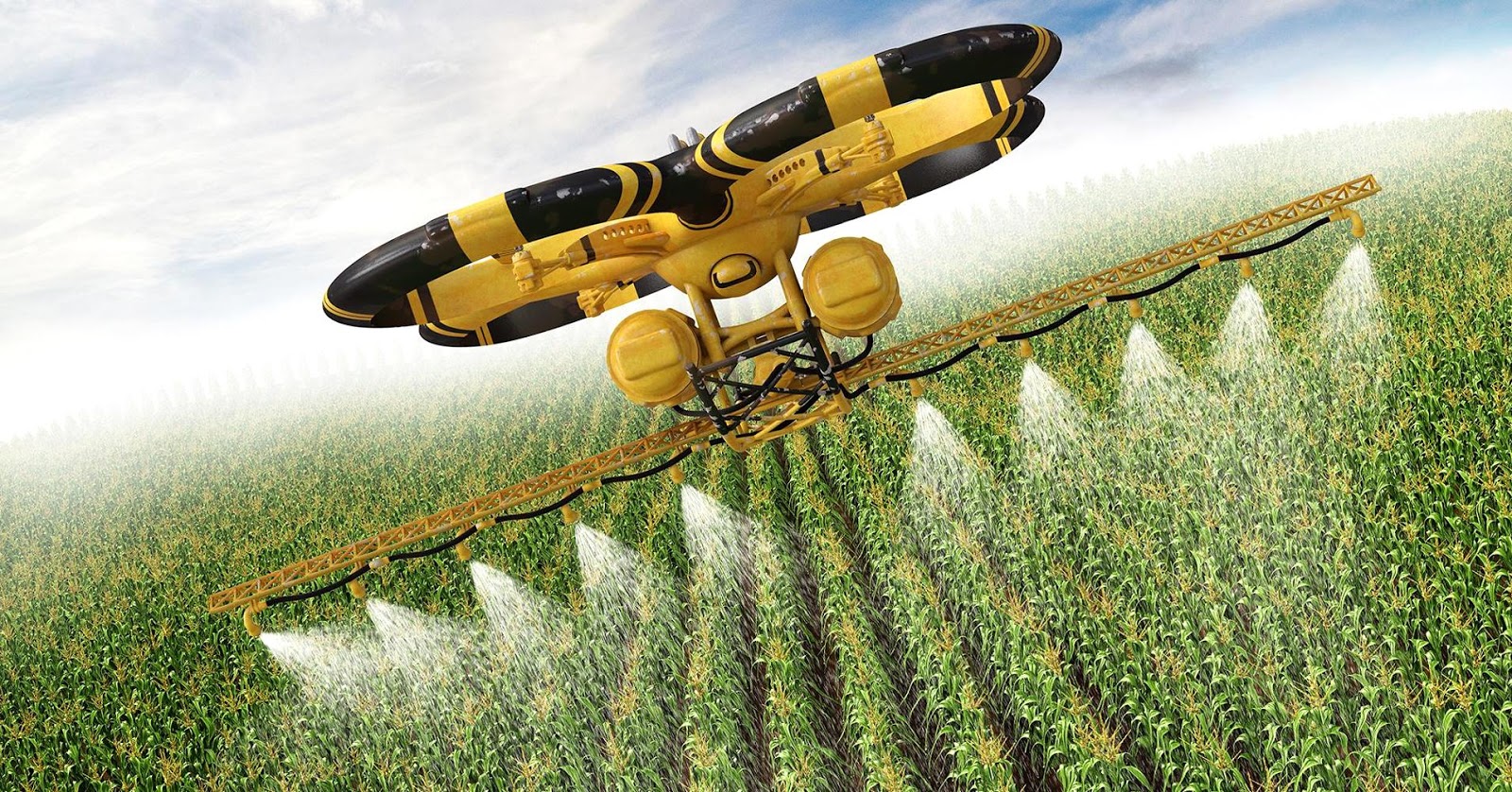 Source: bing.com
Source: bing.comAgriculture technology has been advancing rapidly over the past few years, and it has been transforming the way we grow crops and produce food. From precision farming to data analytics, the agricultural industry is becoming more efficient, sustainable, and profitable with the help of technology.
Precision Farming
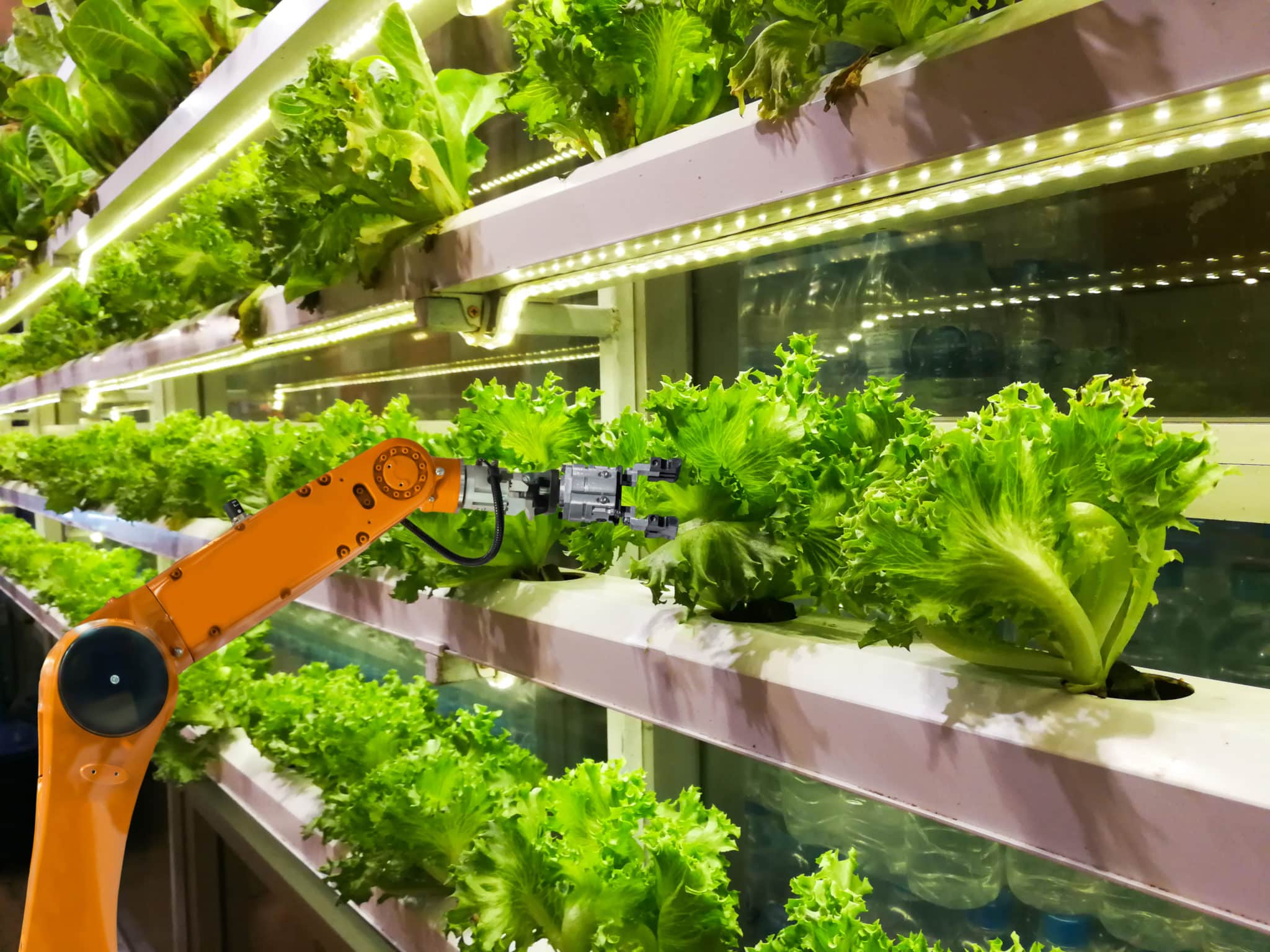 Source: bing.com
Source: bing.comPrecision farming is a technology-driven approach to agriculture that uses data analytics and sensors to optimize crop yield and reduce waste. Farmers can use precision farming techniques to analyze soil fertility, weather patterns, and other factors that affect crop growth and yield. This data helps farmers make informed decisions about when to plant, fertilize, and harvest their crops.
Robotics and Automation
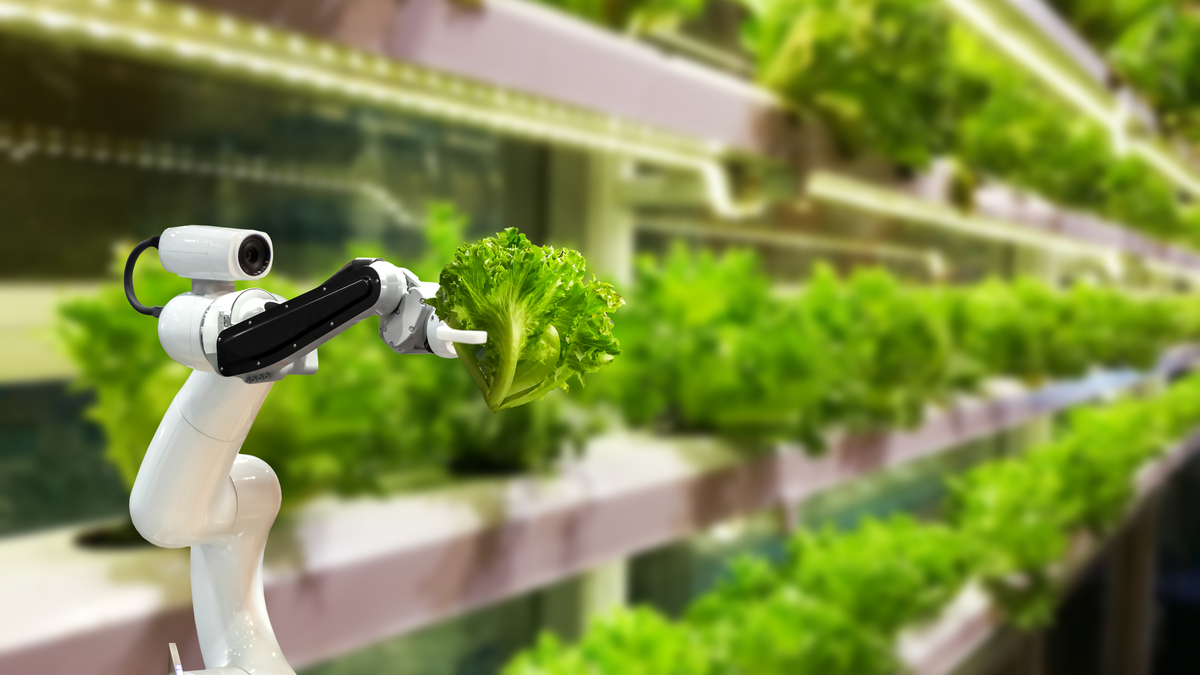 Source: bing.com
Source: bing.comRobots and automation are becoming more common in the agricultural industry. Farmers can use robots to automate tasks such as planting, weeding, and harvesting. This technology can increase efficiency and reduce labor costs. Additionally, robots can work around the clock, which means farmers can harvest crops faster and more efficiently.
Vertical Farming
 Source: bing.com
Source: bing.comVertical farming is a type of agriculture that involves growing crops in vertically stacked layers. This technology allows farmers to grow more crops in less space, which makes it ideal for urban areas where land is limited. Additionally, this method of farming uses less water and fewer pesticides than traditional farming methods.
Artificial Intelligence
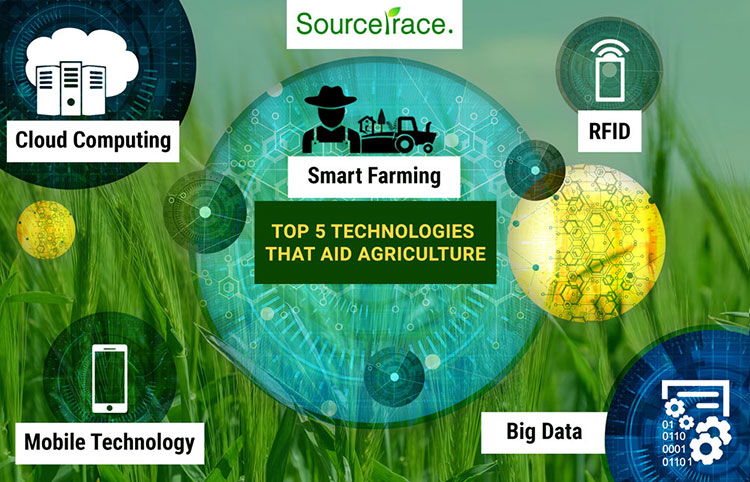 Source: bing.com
Source: bing.comArtificial intelligence is becoming more common in the agricultural industry. Farmers can use AI to analyze data and make informed decisions about crop management. For example, AI can analyze data from sensors to determine when a crop needs water or fertilizer. Additionally, AI can help farmers predict crop yields and identify potential issues before they become a problem.
Big Data Analytics
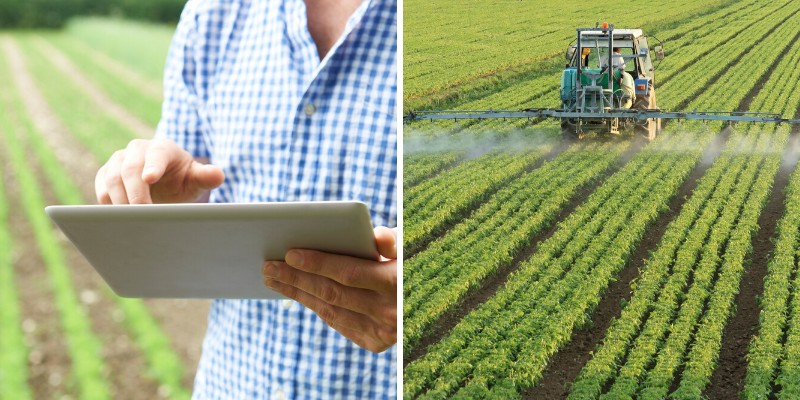 Source: bing.com
Source: bing.comBig data analytics is a technology that involves analyzing large amounts of data to identify patterns and trends. In the agricultural industry, big data analytics can be used to analyze weather patterns, soil data, and other factors that affect crop growth and yield. Farmers can use this data to make informed decisions about when to plant, fertilize, and harvest their crops.
Internet of Things (IoT)
 Source: bing.com
Source: bing.comThe Internet of Things (IoT) is a technology that involves connecting devices to the internet. In the agricultural industry, farmers can use IoT devices to monitor soil moisture, temperature, and other factors that affect crop growth and yield. This data can be transmitted to a farmer’s smartphone or computer, which allows them to make informed decisions about crop management.
Drones
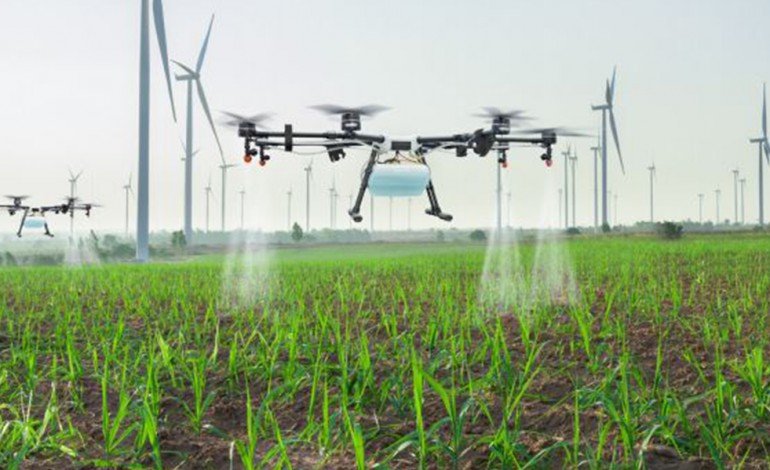 Source: bing.com
Source: bing.comDrones are becoming more common in the agricultural industry. Farmers can use drones to monitor crops, identify potential issues, and apply pesticides or fertilizers more precisely. Additionally, drones can cover large areas quickly, which means farmers can identify potential issues before they become a problem.
Biotechnology
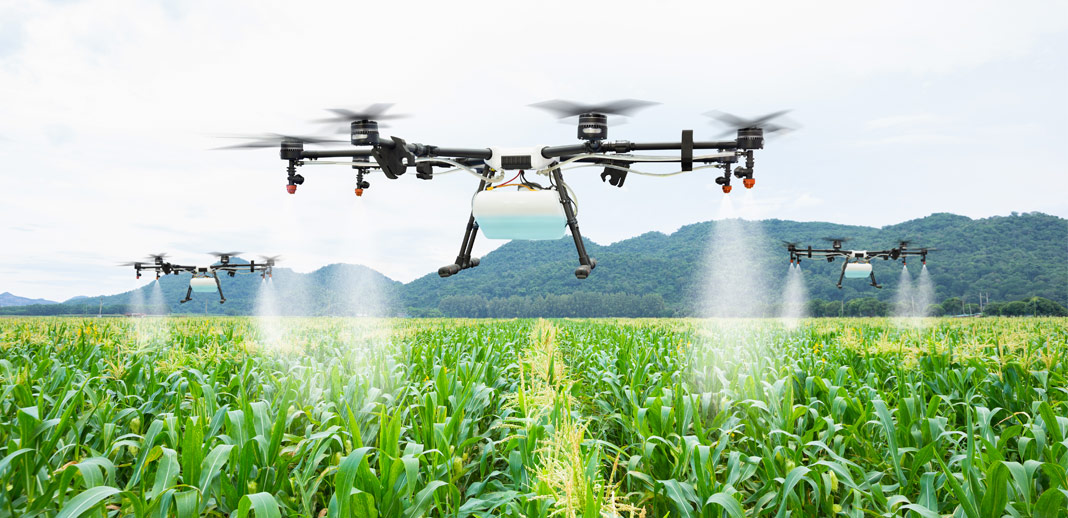 Source: bing.com
Source: bing.comBiotechnology involves using living organisms to improve agricultural production. For example, farmers can use genetically modified crops that are resistant to pests or drought. Additionally, biotechnology can be used to develop new crop varieties that are more nutritious or have a longer shelf life.
Conclusion
These are just a few of the many agriculture technology innovations that are transforming the industry. Farmers who embrace technology can increase efficiency, reduce waste, and improve crop yields. As technology continues to advance, the agricultural industry will become even more sustainable and profitable.